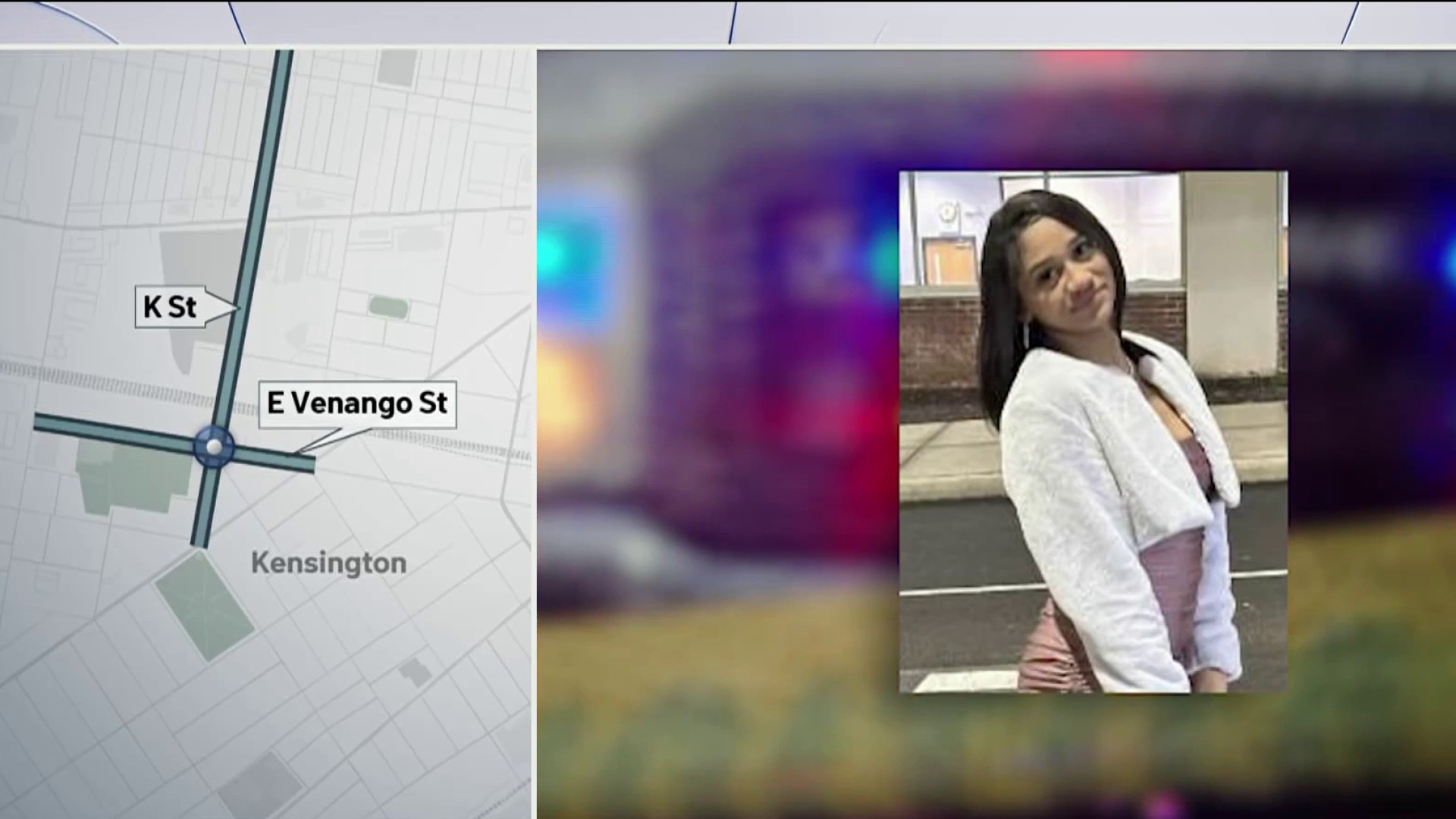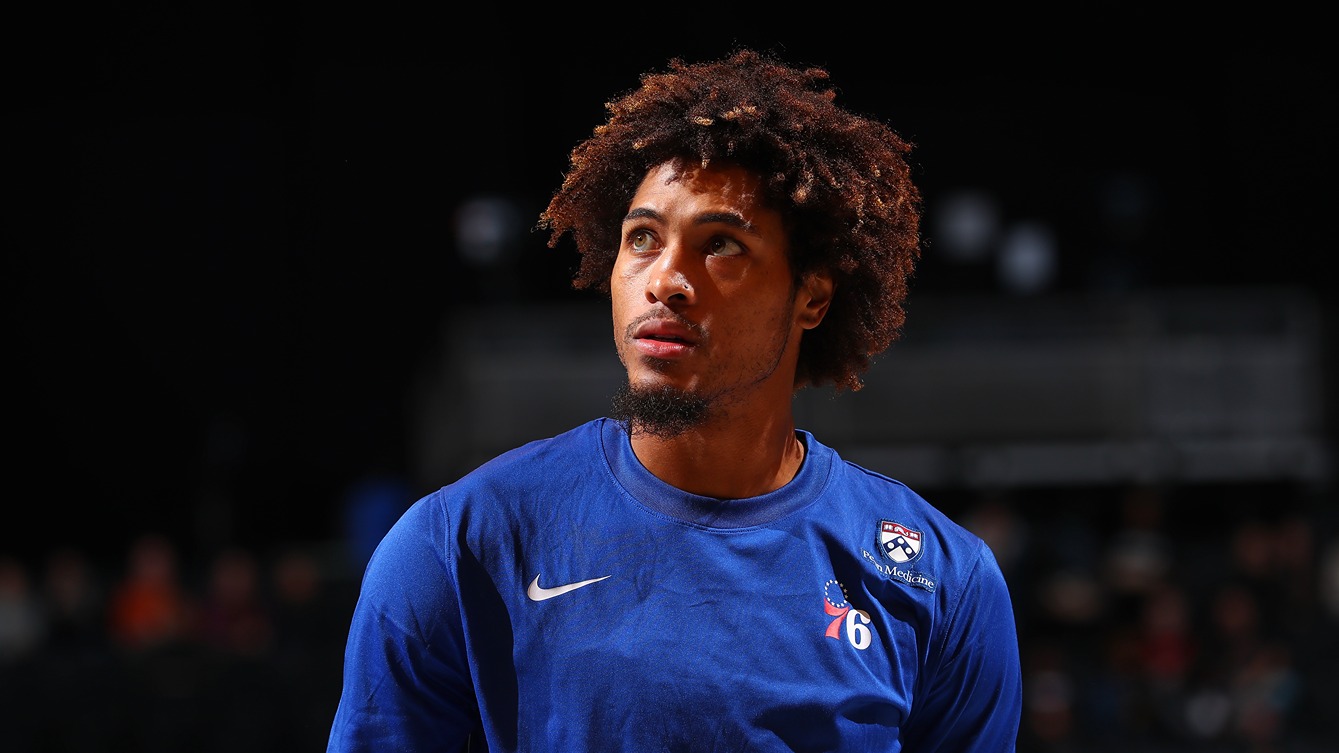It was 1964 and Beatlemania was at its peak. A 21-year-old news director, Larry Kane, writes a single letter asking for an interview with The Beatles as they make their first visit to the United States. What he got back was a full itinerary and a check so he could travel with the band to document the historic event.
Now 73, Kane is looking back at his time spent with the band in a new documentary titled ‘Eight Days a Week’ highlighting the ‘English Invasion’. The film, directed by Ron Howard, contains never-before-seen footage and is a glimpse at 21-year-old Kane’s reports from over 50 years ago.
Take us back to the 21-year old news director—What was it like?
I really was a news director. I had 5 people in my department. It was at a station called WFUN, which stands for Fun. In February of 1964, the Beatles came through Miami on a quick trip. I interviewed them at a sparsely attended news conference at the Deauville Hotel in Miami and that was that.
A couple of months later I had a big adventure—I watched Muhammad Ali defeat Sonny Liston at the Miami Beach Auditorium and the year was an incredible year.
Thousands of Cuban refugees were coming into Miami from Cuba, the war in Vietnam was escalating, the aftermath of the president—I can’t tell you what it was like for Americans being so stunned and shocked by the president being killed and a new president was in power—civil rights was just on the surface of really developing as a major issue nationwide, there had been some tragedies earlier in Birmingham with 3 kids being killed in a church.. It was incredible—Ford Mustang was introduced, which I know sounds funny now when I say that but it was a major cultural event.[[393640031, C]]
How did you get started covering The Beatles?
Local
Breaking news and the stories that matter to your neighborhood.
When I wrote to the Beatles, I wrote to Brian Epstein, their manager, and I asked for one interview in Jacksonville where we were going to take a plane load of kids. He wrote back with a long itinerary of 25 cities in 35 days and a bill for three thousand, one hundred dollars which would cover limousines, cars, airplane, meals, hotels to travel with them in their official party. I picked it up and said, “This is big,” and I went to the station and they said, “Well, we’ll syndicate it and you’ll go with them.”
I said, “Why would I, as a newsman, want to travel with a band? Especially a band that would be here in September and gone in November?” Eventually they sort of forced me and coerced me into going. My mother had seen them on television and she was just crazy about them. My father put his arm around me and said “now, listen Larry, watch your back. Those guys with the long hair, they are a menace to society.” In some ways, they were—they were a menace to me. So, I went on the tour and joined them on Aug 18th 1964 in San Francisco.[[393640281, C]]
For some, that invite would be a once in a lifetime opportunity. What did you think of the offer originally?
I liked their songs, but it was just another hula hoop! They’ll be around for five years and that’ll be it. Then, Ron Howard, this amazing director and his staff, found tapes of me that are in the movie on tour. In one of the tapes, and I can’t believe I said this because I forgot it, I say ‘I think I’m in the midst of a multi-generational culture change that may not be seen for another hundred years, maybe not for another many centuries’—this is truly a change and it really was.[[393640321, C]
You bonded with The Beatles for many reasons, but you mentioned previously your mother passed away. John and Paul also had mothers who passed—were you able to bond?
First of all, I didn’t know that. Nobody really knew about their past while they were in the present. It was a very difficult time for me. My mother was sick for years and any loss is very difficult and I was calling home every day making sure my brothers were okay, my father was okay. Someone on the plane told them. They came to me and talked about how to cope with that.
They talked about how to deal with loss and how to deal with the times of thinking about her and how it never ends. They put their arms around me and it was very touching.[[393640371, C]]
What was it like meeting the group for the first time?
It was very unusual. I came down to the hotel room, George Harrison was in the corner and he was lovely and just very pleasant. I asked him questions about the world’s situation, about immigration, controversies in England. So, I interviewed George, he was very pleasant. I interviewed Ringo, who I found to be very intellectually curious and very strong about human rights and war. Then I met Paul—let me tell you something about Paul McCartney—he has never met a microphone on stage or an audience he didn’t like and he was just charming, very warm. He was very special. I went to John Lennon, he looked at my feet, he looked straight up to my hair and he said, “Who are you? You look like a round peg in a square hole. You, my friend, look like a nerd from the 1950s.” I laughed and I said, “Well, you look like a slob.” We had a conversation about stuff and I walked out in the hall when all of a sudden I feel two arms around me and it was John. He apologized, which he very rarely did. You know, John said in public what he thought in private, and he said, “I’m looking forward to traveling with you.” [[393640401, C]]
How was your time with the band different than other reporters at the time?
One of the reasons I got along with them so well is because all of the adult reporters asked them questions like, “What did you eat for breakfast? Or “What’s your favorite hemline?” These guys just despised them, these other reporters. I asked them questions about what happened the night before, about music, about the concert, would they-if they had teenage daughters- send them to the concerts and they said ‘absolutely not, no way, unsafe’!
Did you expect that any of your experiences with the band ended up being some inspiration to them to write a future hit?
No, but they did ask me—They had a little tape recorder and they had me listen to 8 Days a Week and I told them to make the opening a little faster… So, it should be Lennon, McCartney and Kane on that song. It was the only time I ever saw them writing and doing things.[[393640431, C]]
You’ve written books about the Beatles, you have been with them physically on that first maiden tour, you’ve been on radio and television—you’ve seen a lot in terms of media. What is it like to be part of the process of making a film?
I had no idea what was going to happen. I was approached in late 2014 to become a consultant since I was one of the few people left who was on the tour. In addition to that, it gave them an opportunity to interview me. I was then flown to Los Angeles and I was interviewed for hours and hours. I outlined, what I thought, were the moments and episodes of the tour. [Throughout the year] they continued to ask for information.
After, they asked me to come to New York, to a small viewing studio to see the movie. I didn’t quite understand why because a lot of people were involved. I watched the movie and I was just tickled by it.
First, I couldn’t believe how much I was in the movie… I was astounded. The second thing was, and the most important, was I got chills watching the movie. I said, “It's taking me back… I’m reliving it again.” I can imagine the people that the people today who are 10, 20, 30 or 40, anyone who has no idea how this began would look at this and say, “oh my goodness! Did that really happen?”
Rock stars get a reputation for partying a lot. What was it like being on the road with the band?
They weren’t crazy wild, they were just like people their age. We did have parties and there was one in particular, in the home of Reginald Owens and Burt Lancaster. Paul McCartney is on the piano with Peggy Lipton next to him, John Lennon is entertaining some people in the corner with stories, Ringo is chatting with a few people playing a little drums, George is reading a comic book and having fun with people, they’re all smoking cigarettes, and all the people there were guests of Capitol Records- many of them were young, Hollywood actresses. They call me up at the hotel, tell me to come over to the house and Jane Mansfield was there, Sandra Dee, all these stars, and this woman came up to me and she was kind of perky. She says, “What are you doing here?” I told her I was a reporter, she told me she was an actress and I asked what kind. At that point she let out a guttural scream, so loud, it lasted a minute. Everyone looked at me and she whispered in my ear she was in horror movies. Nobody else heard that and Paul McCartney said, “I told you Larry, you’re a bad boy.”
How you do you feel about your grandkids going to see the movie and seeing their grandfather with The Beatles?
I think it will be exciting for them when they get older… Back in 1990, my daughter came back from the mall and she was 12 and she said, “Dad, I got this wonderful cassette and you’re going to love it! It’s a group called The Beatles, you’ve got to listen to them. ” I said to her, “We have to have a talk.”



